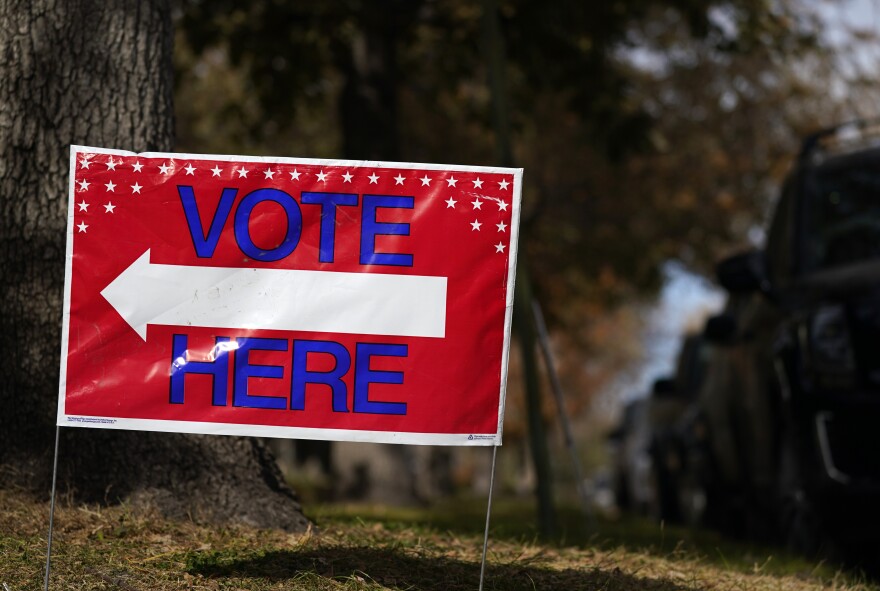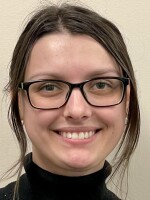BETHLEHEM, Pa. — While general elections typically see higher voter turnout, primary elections offer a closer look at local politics.
This week on Political Pulse, host Tom Shortell and political scientist Chris Borick talk about the impact primary elections have beyond what meets the eye, like campaign challenges and voter fatigue.
Shortell points out, "municipal candidates don't have the same resources" as presidential and congressional candidates. So, how can they effectively make themselves heard?
"This is retail politics," Borick said. "This is still an opportunity to go out and meet your constituents door to door at events in places that you could be face to face, that's not available to elected officials on the higher level as much they can do.
"... You know who the voters are, you could target them, and you go out pretty aggressively to meet and reach those voters in more direct ways than you could at higher levels."
Finding community spaces to engage with constituents is also challenging, Shortell said, adding that the decline of local newspapers and media outlets limits those opportunities even further.
As a result, voters might find themselves interacting with candidates through social media or learning more about them through their website, but Borick said that can leave more room for officials "to frame it in ways that aren't always accurate, that might serve their interest."
Even so, voter turnout isn't traditionally high for the primaries. The two also talk about how the political climate is cooling off a little.
"People are tired," Borick said. "... Change is taxing, uncertainty is taxing. And you can respond in different ways to that... but the point is the public gets tired."
Shortell asked Borick whether that fatigue is showing among local voters, who in past years may have been more willing to engage.
"It's unclear to me, Tom, how this is going to manifest and turn out this spring," Borick said.
What else can constituents gather from voter and candidate trends during the primary election? Watch the module at the top of this article to learn more from this week's episode of Political Pulse.


